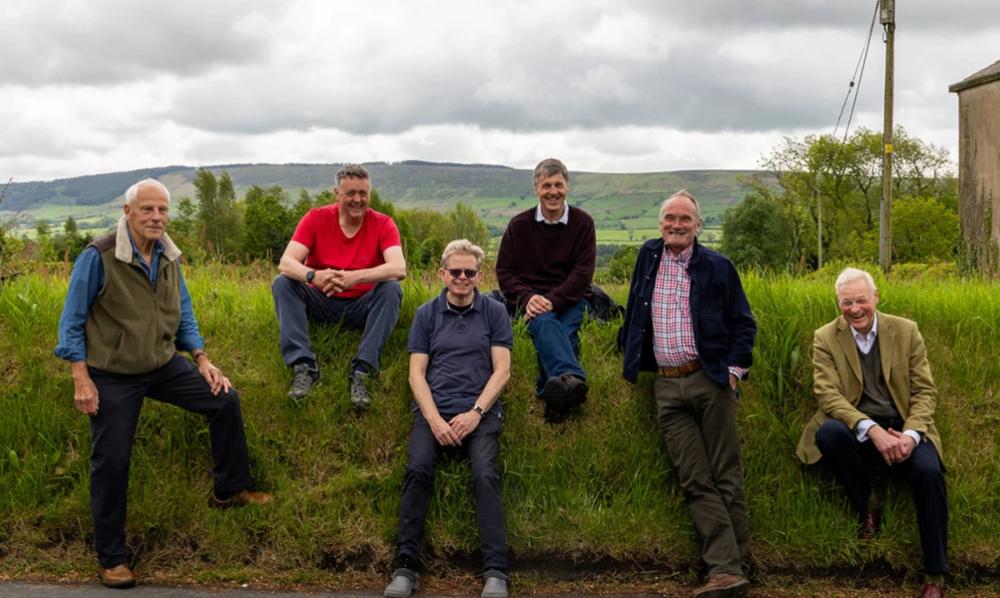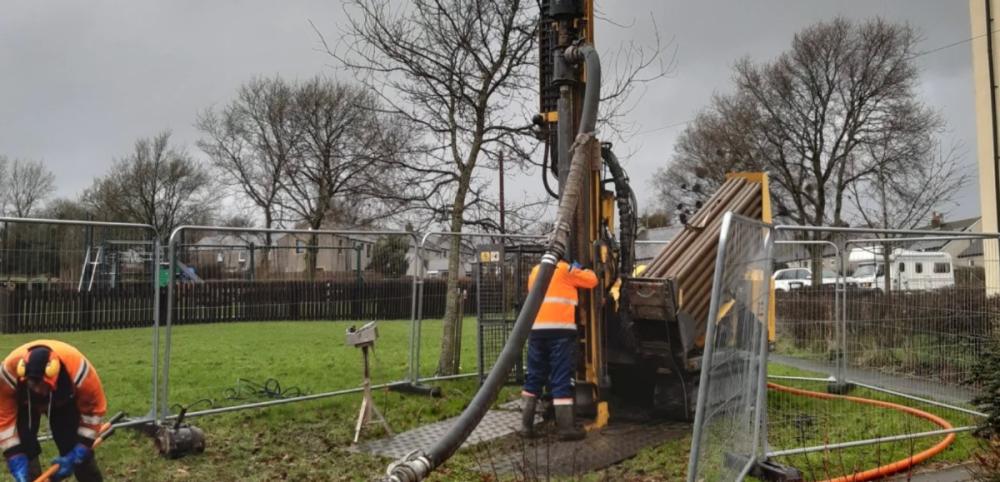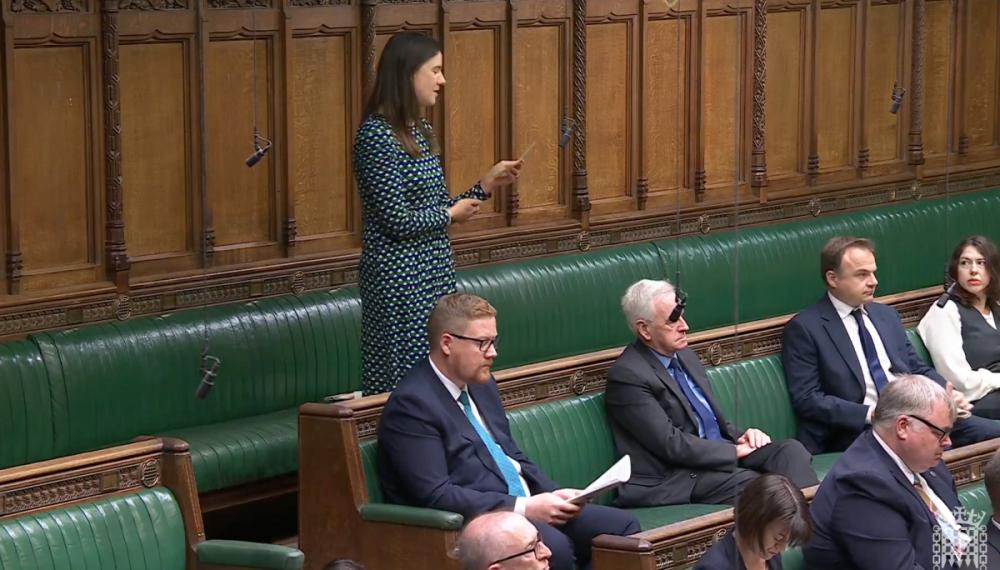search
date/time
 | Yorkshire Times A Voice of the Free Press |
5:50 PM 23rd June 2025
scitech
Chipping Heat Project Wins Parliamentary Praise

L-R: Chipping Energy's Martin Hawkin, Kelvin Whiteside, Simone Hore, Paul Hunt, Keith Chase and Paul Smith
Ribble Valley MP Maya Ellis highlighted the ground source heat loop feasibility project developed by Chipping Community Energy — a volunteer working group supported by the Chipping Community Land Trust — and urged Ministers to ensure rural areas are not left behind in the UK’s transition to net zero.
In response, Kerry McCarthy, Minister at the Department for Energy Security and Net Zero, praised the initiative and reaffirmed the Government’s commitment to supporting rural areas in the shift towards decarbonisation.
“That sounds like a great project,” the Minister said. “We are absolutely committed to recognising the role that community energy groups, like the Chipping Community Land Trust, can play in ensuring that communities directly benefit from the energy transition.”
The Minister confirmed that Chipping Community Energy had previously received £100,000 through the Rural Community Energy Fund and pointed to further support through the £5 million Great British Energy Community Fund, which aims to unlock a new wave of community-led clean energy schemes across the country.

Boreholes in Chipping as part of the feasibility study
Maya Ellis MP welcomed the recognition and stressed the importance of backing grassroots solutions in areas like the Ribble Valley: “Chipping Community Energy is a brilliant ground source heat loop feasibility project. We know that grid infrastructure is weaker in rural areas, and there is a risk that more remote communities are left behind in the move to decarbonisation — just as they were with the broadband roll-out.”

Maya Ellis MP raises Chipping Community Energy in Parliament
Commenting afterwards, Mrs Ellis added: “Places like Ribble Valley face unique challenges — but also great opportunities — when it comes to producing energy locally. Groups like Chipping Community Energy are already showing how local solutions can help bring down bills and protect our environment. I’ll keep pushing to make sure rural voices are heard and that government policy supports practical, community-led energy projects that make a real difference to people’s lives."
A spokesperson from Chipping Community Energy said: “Our community has demonstrated that there are viable pathways to achieve community-scale decarbonisation, lower-cost energy, and greater independence from the price volatility of fossil fuels. However, market failures, particularly the high upfront transition costs, are preventing many communities from adopting the solutions that offer the lowest long-term energy costs.
“Project Gigabit - the government's programme to enable communities to access fast, reliable gigabit-capable broadband - showed how carefully targeted government intervention could transform broadband delivery for communities at risk of being left behind. Similarly targeted support could be just as effective in accelerating the transition to affordable, low-carbon energy.”